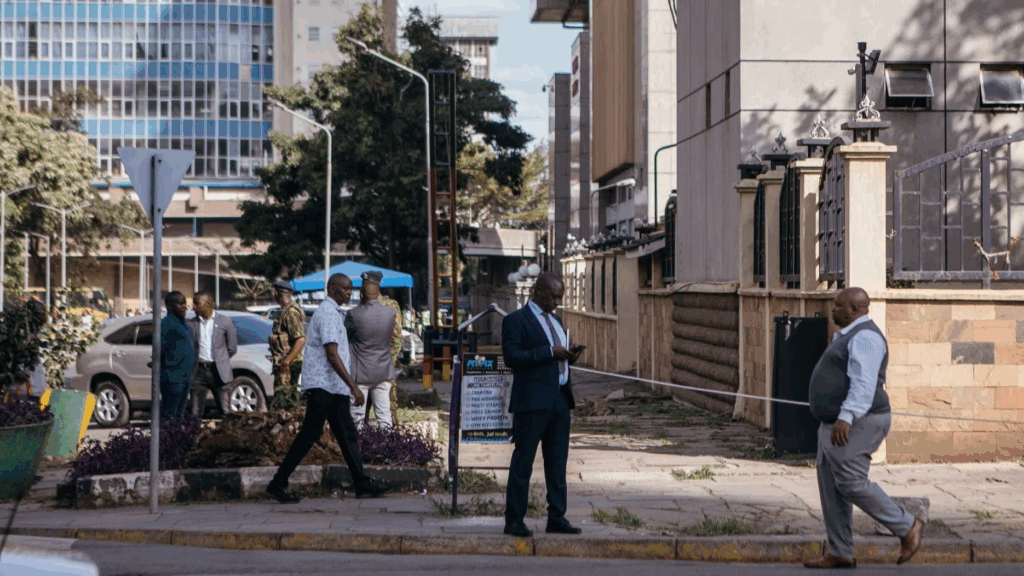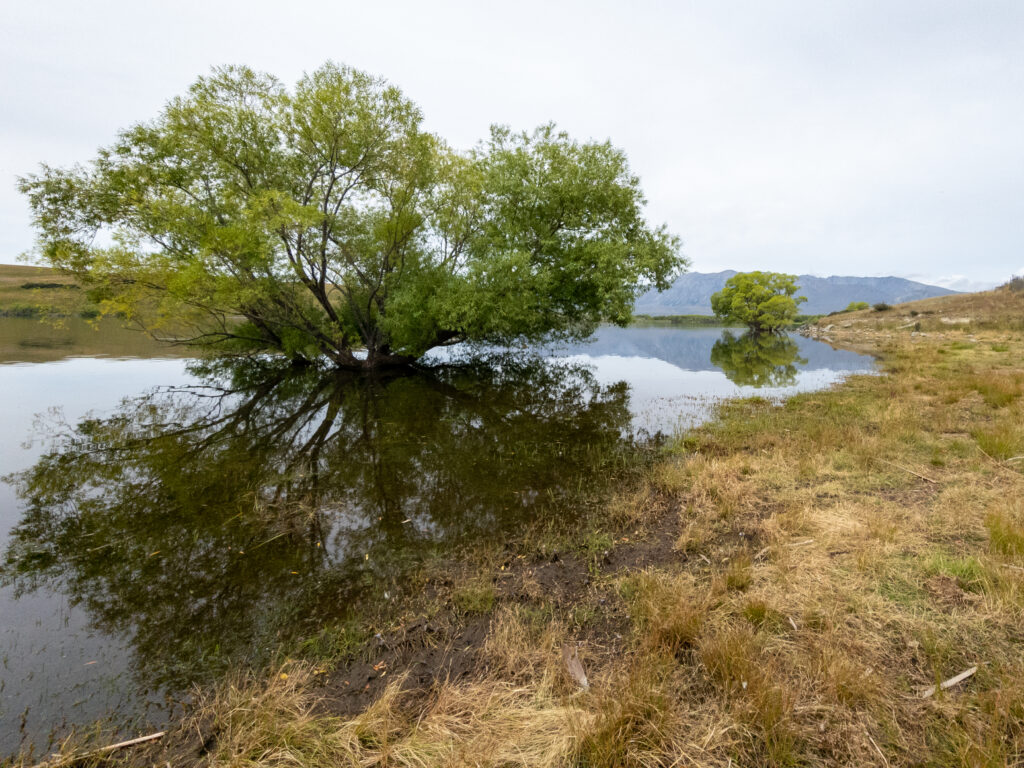We are just back from the London Climate Action Week (LCAW) which happened against a backdrop of increasing geopolitical and economic uncertainty as well as growing evidence of the developmental and financial challenges facing Africa as a result of climate change and biodiversity loss.
Africa’s financing needs are particularly stark. Africa needs about $190bn per annum for climate and yet is only attracting $44 billion. Adaptation financing is a particular concern – in Africa, finance for adaptation is less than a third of the total and is not increasing to any material extent, despite global attention being paid to the need to invest in adaptation, especially in Africa. With public funds in short supply as a result of cuts to international aid programmes and domestic government finances constrained by the cost of servicing high levels of debt, the role of private capital will be crucially important.
At the same time, African institutional investors control over $2.4 trillion in assets (expected to grow to at least $6.4 trillion by 2040). This capital is conservatively invested, with little allocation to alternatives, infrastructure and climate-aligned investments. Mobilising this private capital, which is mainly in local currency, could make a major contribution to filling Africa’s development financing gap.
Across more than five events at LCAW which FSD Africa will be hosting or participating in, our team will be discussing these issues and highlighting both the financing challenges facing Africa and the huge opportunities a locally financed, green economic pathway to growth offers. They will make the case that if we are to mobilise the capital Africa requires, we need a more resilient and innovative financial system. But we will only be able to achieve this through collaboration between international development finance, investors and the African private financial sector.
Speaking ahead of LCAW, Mark Napier, CEO of FSD Africa said: “We are in a moment of major change. On the one hand, the turbulence in the aid (and development finance) world is a threat. On the other, we are seeing the emergence of a consensus that developing countries need to strengthen their own economic resilience and self-reliance – and domestic financial market development is going to be an important part of this.”
We are glad that our sessions enhanced understanding of both the challenges and the solutions to Africa’s development finance and hear inspiring examples of the huge progress already being made – in capital markets infrastructure, new financial solutions, in nature finance and carbon markets – and in measures to redirect available finance towards climate adaptation and resilience.
If you are keen to continue conversations on these critical topics of our time, please contact our Ag. Strategic Communications Director Kaara Wainaina kaara@fsdafrica.org
Sessions we curated/participated in at the London Climate Action Week 2025 can be viewed here.



